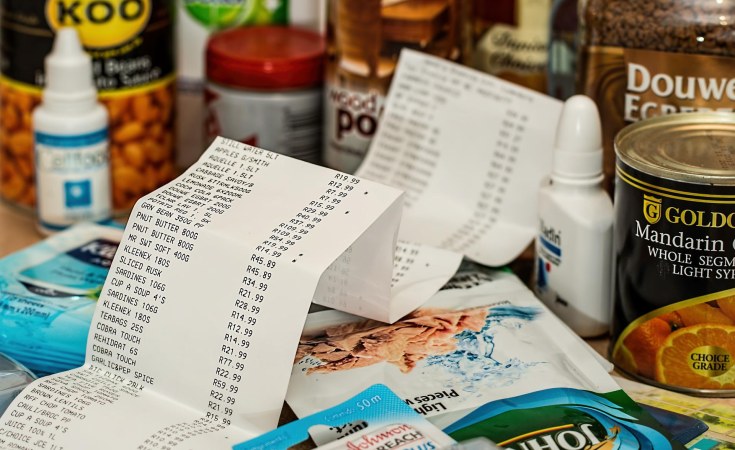The International Monetary Fund (IMF) has prescribed a mix of fiscal, monetary, and structural reforms to help lower soaring food inflation in Nigeria, Ghana and other countries in sub-Saharan Africa.
The multilateral lender declared that food prices tend to be higher in countries with weaker fiscal management and elevated public debt, noting that those with stronger monetary policy frameworks are better at curbing direct and second-round food price inflationary pressures, and in turn, controlling overall inflation.
Nigeria's food inflation stood at over 22 per cent in July, while Ghana's was 32.3 per cent over the same period.
In a new blog post, the IMF attributed the spike in the prices of locally-sourced foods in Nigeria, Ghana and other sub-Saharan African countries to domestic supply disruptions, local currency depreciations, as well as higher fertiliser and input costs.
The multilateral lender, which disclosed that staple food prices in sub-Saharan Africa surged by an average 23.9 per cent between 2020 and 2022, the highest since the 2008 global financial crisis, noted that this was commensurate to an 8.5 per cent rise in the cost of a typical food consumption basket (beyond generalised price increases).
The IMF stated that global factors were partly to blame for the rising food prices because the region imports most of its top staple foods, such as wheat, palm oil and rice, among others.
The Fund said: "Global factors are partly to blame. Because the region imports most of its top staple foods--wheat, palm oil, and rice--the pass-through from global to local food prices is significant, nearly one-to-one in some countries.
"Prices of locally sourced staples have also spiked in some countries on the back of domestic supply disruptions, local currency depreciations, and higher fertiliser and input costs.
"In Nigeria for example, the prices of both cassava and maize, more than doubled even though they're mainly produced locally.
"In Ghana, prices for cassava escalated by 78 per cent in 2020-21, reflecting higher production costs and transport constraints, among other factors."
Using price data from 15 countries on the five most consumed staple foods in the region (cassava, maize, palm oil, rice, and wheat), the IMF said it found that in addition to global food prices, net import dependence, the share of staples in food consumption, and real effective exchange rates drive changes in local staple food prices.
"Of these, the consumption share of each staple has the largest price effect. This is due in part to income. Better-off households can afford a wider range of foods, but for the poor there are very few substitutes for staples, which make up nearly two-thirds of their daily diet.
"We estimate that a 1 per cent increase in the consumption share of a staple food raises the local price by an average 0.7 per cent; the effect is even bigger when a staple is mostly imported, raising the price by about 1.2 per cent.
"When a country's net import dependence increases by 1 per cent, the local real cost of a highly imported staple is expected to increase by an additional 0.2 per cent," the multilateral institution said.
The IMF submitted that the relative strength of a country's currency is another driver as it affects the costs of imported food items, noting that a 1 per cent depreciation in real effective exchange rates increases the price of highly imported staples by an average 0.3 per cent.
Staple food prices in the region, the IMF said, are also impacted by natural disasters and wars, rising by an average 4 per cent in the wake of wars and 1.8 per cent after natural disasters, depending on the magnitude, frequency, duration, and location of events.
On the rile of policy in moderating food inflation, the Fund noted that improving public financial management could help free up resources for investment in well-targeted social assistance programmes or in climate-resilient infrastructure, adding this could help stabilise prices.
"Policymakers could also help make agricultural inputs such as seeds and fertilisers cheaper by introducing structural and regulatory reforms that promote fair competition, as well as by streamlining trade procedures and better leveraging research and development to boost agricultural innovation," it said.


